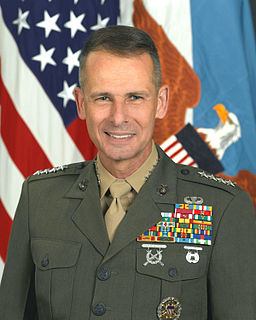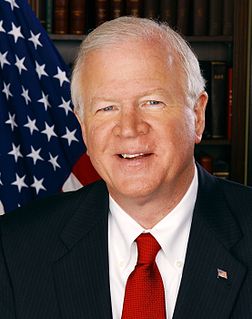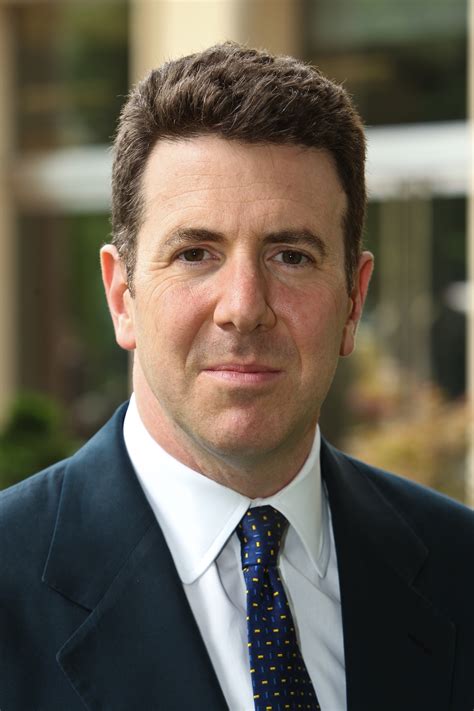A Quote by Ashraf Ghani
It [terrorism] happened because intelligence, leadership and police failures made it possible.
Quote Topics
Related Quotes
I have tried to devote my life - with all my husband failures, father failures, pastor failures, friend failures, any other possible failures I'm sure I've done them - to the God-centeredness of God and my aspiring, yearning to join Him in that activity. God is passionate about hallowing the name of God.
Implementation of reforms within the Police and Intelligence agencies should certainly improve security and reduce terror attacks. But that will not eliminate the problem. Israel, with the most efficient intelligence, security and police has not been able to eliminate the problem, despite the small size of the country.
No one made a decision to militarize the police in America. The change has come slowly, the result of a generation of politicians and public officials fanning and exploiting public fears by declaring war on abstractions like crime, drug use, and terrorism. The resulting policies have made those war metaphors increasingly real.
We've seen a shift where people were often initially reluctant to call things terrorism until they knew for sure. And now they start out assuming it's terrorism and then work backwards and say it may or may not have been terrorism. And it does matter tremendously because of the resources involved. If it's a crime that's seen as a disturbed individual, then local police will handle it. If it's a crime that's seen as someone who might be linked to an international terrorist group, you get the vast federal U.S. national security bureaucracy as well as tremendous political attention.


































